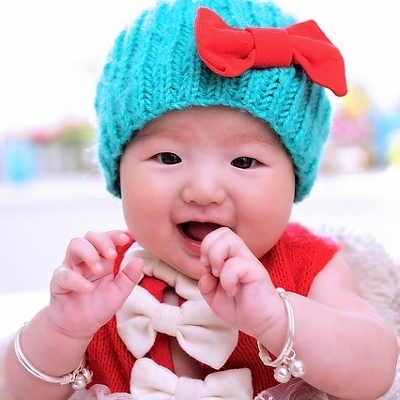 We all know that receiving praise is important. It makes us feel all warm and fuzzy. As parents, it is important that our children know that we are pleased with them when they do well. However, like many other things, we also want to make sure that we don’t go overboard in our showering of praise.
We all know that receiving praise is important. It makes us feel all warm and fuzzy. As parents, it is important that our children know that we are pleased with them when they do well. However, like many other things, we also want to make sure that we don’t go overboard in our showering of praise.
One of the most crucial pieces of offering praise to our children is that it does not need to come in the form of a monetary item. So many (too many) parents equate praise with gifts. Praise is best served as a form of communication, whether it be written, verbal, or physical. Yes, many kids would love to receive a toy, but although it may not be as obvious, words can mean even more.
Let’s start with an example. Your eight year old daughter did really well on her report card, even in reading, which is hard for her. Of course, as her parent, you are incredibly proud of her work and its results. How can you show that to her? It’s simple: a big hug and telling her that you’re proud or leaving a note on her pillow. Getting a good report card doesn’t mean that she needs a trip to the movies or a stuffed animal to add to her collection. Your words and hug should show her that you’re proud.
While it’s tempting to purchase a gift for an occasion such as this, especially when “everyone else’s parents do that,” it is the start of a bad habit. What happens when your son brings home a good progress report or a terrific test grade? Do you need to celebrate those occasions with gifts? On the flip side, what happens if next quarter’s report isn’t as good? Will you take the gift away?
What children need more than almost anything else is knowing that you love them and are proud of them. Buying them items doesn’t show that. Sure, the shiny, new toy is exciting in the moment, but it’s just an item. Take time after a special occurrence and talk with your child. Let her know that you are aware of how hard she worked and how proud you are. Just being aware of the accomplishment and the work put into it show your child you care; you’re aware of her and her efforts.
And of course, don’t forget to remind your child to be proud of himself outside of your praise. Just like we discussed in praising toddlers and preschoolers, elementary aged kids needs to learn to feel pride in themselves. So, when he comes home with the exciting news about the social studies quiz, ask him how he feels. Remind him that you are proud, and he should be proud of himself also.
If you set the bar that encouragement comes mainly in the form of words and actions, you won’t have to deal with a child that expects a gift for every little goal met.










